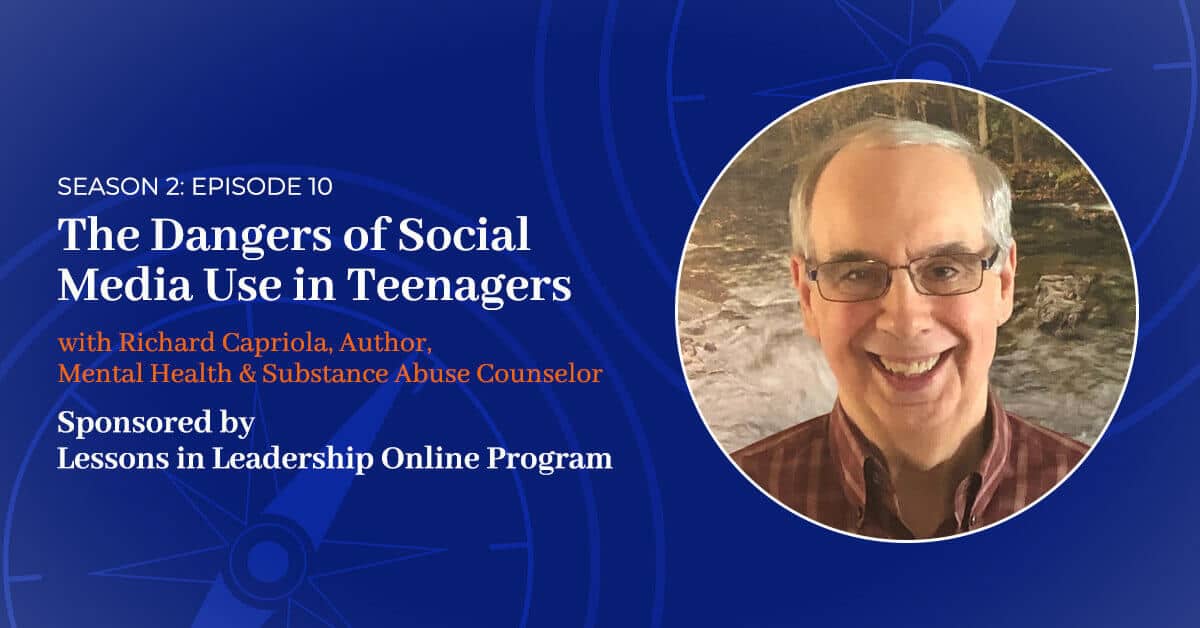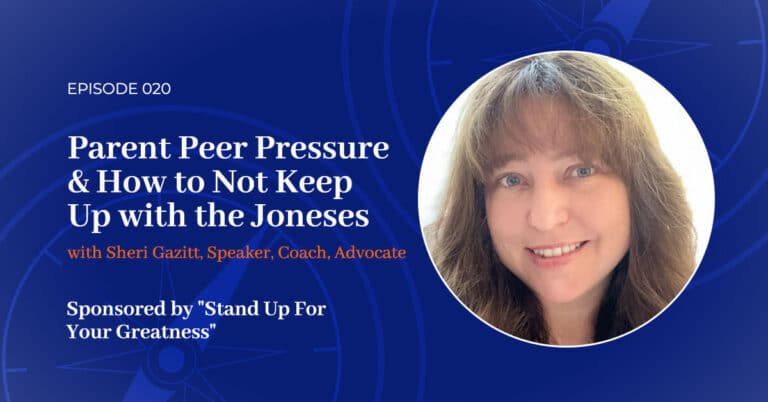Richard Capriola has been a mental health and substance use counselor for over two decades. He has treated both teens and adults diagnosed with substance use disorders and he is also the author of “The Addicted Child”, a handy parental guide for adolescent substance abuse. In this episode, Richard shares advice on how you can help your teens develop healthier social media habits and how to prevent them from being addicted to their cellphones.
Key Takeaways
- About Richard and his work with teens.
- What seems to be the most popular apps teens are using today?
- Parents might not understand all the available social media apps, but they should take the time to investigate what their teens spend a vast majority of their time on.
- Like anything else, there will always be downsides and parents need to be aware of what these are.
- You should talk to your children about their social media use and what they're posting online publicly.
- How do you help your teen develop healthier social media patterns?
- If you have a teen that’s vulnerable to social anxiety, you have to be proactive with getting them to spend ‘real-life’ time with their friends.
- Check in with your teen and ask them how social media makes them feel. Social media is often filled with unrealistic images.
- Does it make sense for parents to create a false or fake account to follow their teenager on?
- No one likes to have their privacy invaded.
- Honesty is always the best policy.
- Richard shares some research around Facebook usage. Teenagers know they have a problem, but can’t seem to self-regulate their usage.
- You want to clearly communicate to your teen about what it looks like to be responsible with social media.
- Our teens are constantly watching us. Do you have a social media problem too?
- Interested in learning more? Feel free to reach out to Richard!
Quotes:
“We need to be curious about the applications our teens are getting into. Really, anything that they’re doing online, because it’s such a different environment than it was 5-10 years ago.”
“You have to find time to at least be curious about what your children are doing.”
“Don’t turn the entire situation of accountability and checking into just spying on your kid. If you start spying on your kid, you’re going to get a negative reaction. No one likes to have their privacy invaded.”




